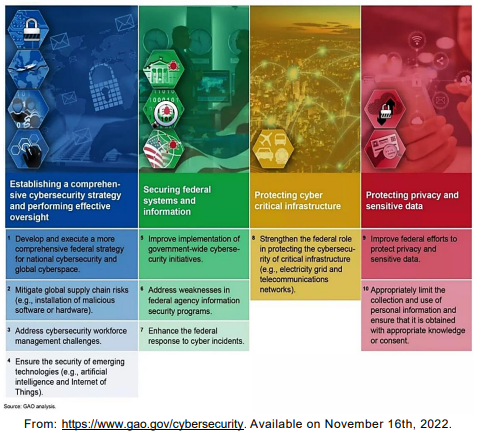Questões de Concurso
Sobre substantivos e compostos | nouns and compounds em inglês
Foram encontradas 357 questões
Judge the following item, related to the vocabulary and to the grammar in the precedent text.
The word “Removing” in the beginning of the third
paragraph, is an example of how a verb can be turned into a
noun in English.


1. car > cars 2. witch > witches 3. city > cities
Which combination of words below follow the same rules, in the same order?
Try these expert tips for a safer solo trip

(Available at: https://news.airbnb.com/try-these-expert-tips-for-a-safer-solo-trip/ – text especially adapted for
this text).
I. It expresses a small amount. II. Its use is correct because it precedes an uncountable noun. III. It would be grammatically correct to replace the word by “many”.
Which ones are correct?
Text 2 – Computers
(Text adapted from History of Computing. Retrieved from
https://www.cs.utexas.edu/~mitra/csFall2006/cs 303/lectures/history.html)
When you hear the term computers, it’s difficult to
imagine different devices from a laptop or a small
desktop. Believe it or not, they weren’t always like
they are today. They used to be very large and
heavy, sometimes as big as an entire room. Some
technology professors historically define computers,
as “a device that can help with computations”. The
word computation involves counting, calculating,
adding, subtracting, etc. The modern definition of a
computer is a little wider, because in our day and
age, computers store, compile, analyze and
compute an enormous amount of information.
Ancient computers were very interesting. Actually,
the first computer may have been located in Great
Britain, at Stonehenge. It is a man-made circle of
large stones. Citizens used it to measure the
weather and forecast the change of seasons. Some
specialists say that another ancient computer is the
abacus. It was used by the early Romans, Greeks,
and Egyptians to count and calculate. Even though
they are no longer in use, certainly, these early
devices are fascinating. Computers are embedded
in our history and some people say that we are
completely dependent of them. No matter the
complexity of the task, easy or difficult, some people
can’t do anything without them. Do you contest or
share this opinion?
In reading process, the strategy of finding the ‘headword(s)’ (noun in Morphology; and core argument in Syntax - as subject or object main word), and the ‘modifier(s)’ (words that modify the headword) is (are) important because it (they) can define the pluralization or not of a verb, and they can also provide the complement of a verb. The combination of H (headword) and M (modifier) is called nominal group.
From the underlined fragments, analyze the headword of each nominal group and mark the correct alternative. “the communication /develops /new priorities /to reflect /those contexts”.
I. Adjective, as in “His wife is a charming person!”. II. Noun, as in “The building is near the old market”. III. Verb, as in “Paul is developing a new product”.
Mark the alternative that presents the plural of the nouns below:
wolf – person – potato - brother
I – nationalist, example, world, empire, program. II – process, culture, power, product, information. III – decolonization, information, power, education, advice. IV – institution, decolonization, advice, system, model.
B. Considering the classification between countable and uncountable nouns, in which groups do all the words share the same type of nouns?
( ) That building is a piece of art! It’s made mainly of glass. ( ) Can you please hand me those clothes? ( ) I have so much work to do today, I’m already tired. ( ) Have you noticed how many new butters are available at the store? ( ) You know I love coffee!
The correct order of filling the parentheses, from top to bottom, is:
Julgue o item subsequente.
Julgue o item subsequente.
Julgue o item subsequente.
Leia o texto para responder a questão.
English as a Lingua Franca
A number of researchers have studied conversations in English as a Lingua Franca and have noted a number of somewhat surprising characteristics, including:
• Non-use of third person present simple tense -s (She look very sad).
• Interchangeable use of the relative pronouns who and which (a book who, a boy which).
• Omission of articles where they are mandatory in native-speaker English.
• Increasing of redundancy by adding “inexistent” prepositions (We have to study about…, The article treats of…).
• Pluralisation of nouns which are considered uncountable in native-speaker English (informations, staffs).
The evidence suggests that non-native speakers are not conforming to a native English standard. Indeed they seem to get along perfectly well despite the fact that they miss things out and put things in which they ‘should not do’. Not only this, but they are actually better at ‘accommodating’ - that is, negotiating shared meaning through helping each other in a more cooperative way - than, it is suggested, native speakers are when talking to second language speakers (Jenkins 2004). In other words, non-native speakers seem to be better at ELF communication than native speakers are.
(Jeremy Harmer, The practice of English language teaching. Adaptado)
Ten critical actions needed to address four major cybersecurity challenges:
